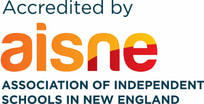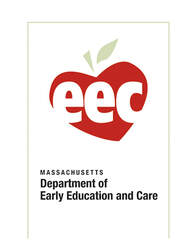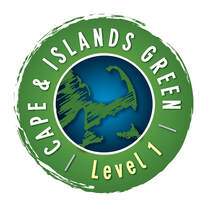PART SIX: THOUGHTS ON 21ST CENTURY EDUCATION
1. Faculty development based on autonomy, passion, and purpose. Schools can never be better than the faculty. Great schools will provide teachers with freedom to design learning environments based on their style of teaching.
2. Whole child education. Whole child education will continue to gain popularity in an increasingly global and complex world. Great schools will understand the balance between pragmatic outcome goals (tests) and playful process (exploration). Relationships and sense of community will be valued.
3. Project-and-place-based teaching & learning. PBL has its roots in the 20th Century progressive education movement. Although schools will continue to struggle with time constraints, PBL will become more prevalent as families seek educational opportunities outside the traditional classroom experience. Programs like Shoulder to Shoulder will provide authentic learning experiences for our children. Technology will help to connect.
4. Information technology. As technology becomes more persuasive in the workforce, schools will explore how IT fits into a 21st Century education. Pro- grams such as The Flat Classroom and Think Global enter into the mainstream.
5. Differentiated teaching and learning. Research over the past twenty years has clearly demonstrated that people learn differently and schools will develop more sophisticated ways to teach to these differences. Arts, athletics, technology, and music will offer natural mediums to connect to the different intelligences.
6. Natural exploration. Schools will expand their traditional curriculums to include projects and that connect children’s natural curiosity with the natural wonders of our world.
7. Leadership & global mindedness. Teaching and learning will become more global in every sense. With the global workplace changing rapidly leadership as a 21st Century skill will increase in importance in the school curriculum. Programs such as Farm to School will increasingly demonstrate how our people and products are connected globally. Leadership will be a sought after 21st Century skill.
8. Pedagogy linked to current research & best practices. In general, schools lag research by 20 years. Great 21st Century schools will shorten this lag and connect pedagogy and curriculum to relevant research.
9. Pre-K to 8 learning environments. Recent research suggests that self-contained Pre-k-to-8 schools offer a rich and continuous learning environment for the important first two decades of a child’s life.
10. Great schools will create learning challenges that are fun and make us laugh.





